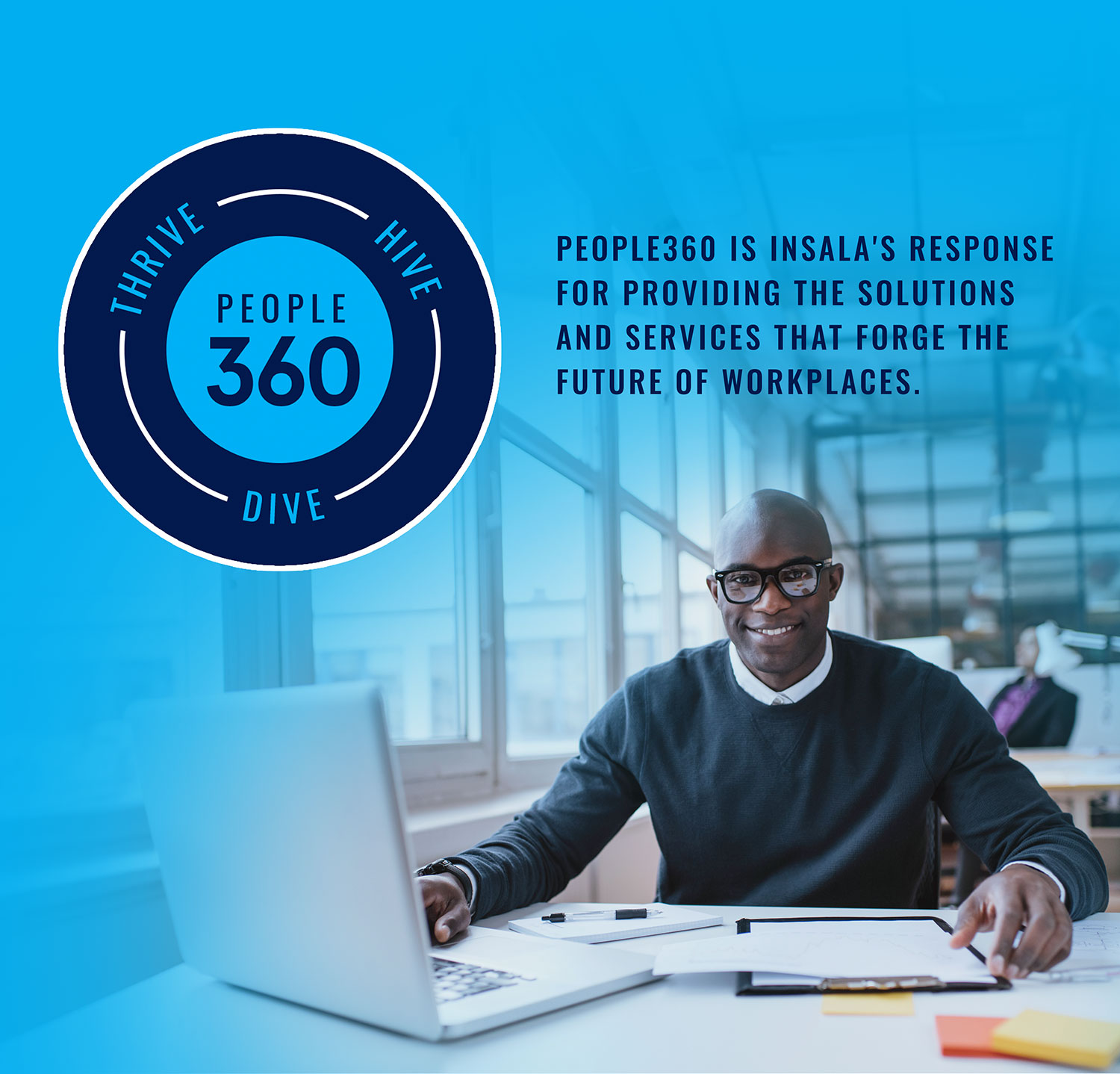How AI Enhances Employee Productivity & Workplace Efficiency
The Role of AI in Enhancing Employee Productivity & Workplace Efficiency
Read more
Although women have made great strides in the workplace, inequality and double-standards still exist. For some women, this makes embarking on a leadership path in their careers seem like a difficult journey. This is due to the climb up the corporate ladder – it is very different for men and women.
These types of challenges can stifle a women’s desire to strive for a leadership position. We believe that Steph Webster and Ruki Kurukulasuriya said it best with this quote: “The very fact that there are less women in leadership sustains the perception that attaining leadership is hard for women.”
That said, there are many ways organizations can help empower women leaders.
Empowering Women Leaders Helps Your Organization
If women aren’t being empowered as leaders, you are missing out on nearly half of the candidates that can help your organization thrive.
There are women who have broken through the barriers and faced these challenges to obtain top positions within the organizations. However, this is not the case for all women. So, the real question is, what can your organization do to empower women to participate and succeed in your organization?
There are many answers to this. Your organization might be considering inclusion programs, lunch-and-learn sessions, or even book studies. Still, these programs may not achieve the desired outcome for gender diversity within leadership teams. To empower women leaders, organizations need to consider the benefits of mentoring.
How Mentoring Helps
In a previous webinar, we discovered that 38% of attendees did not have a strategy in place to develop women leaders. This number is alarming, simply because it’s preventing many women from receiving the necessary help to break through barriers. A mentoring initiative to empower women in your organization is a great way to achieve a diverse leadership team.
Many of today’s successful women leaders have participated in a mentoring program that helped to empower them. These women are also often willing to mentor up-and-coming women leaders as well. In fact, a study shows that 71% of women will accept an invitation to act as a formal career mentor.
Mentoring gives women the opportunity to develop their leadership skills and grow their network. It also gives an example of the possibilities that are out there for them. This is achieved a few ways…
Reducing Bias in Your Organization
A recent study done by the Harvard Business Review found that gender inequality in the workplace is due to bias, not differences in behavior. To reduce bias in your organization, and your mentoring program, develop policies that level the playing field.
These policies can include choosing a more diverse group of high-potential individuals to participate in your leadership mentoring program. This gives women a chance to push forward in their careers where traditionally men have been more present.
You can also encourage your women leaders to take on mentees. This act of “paying it forward” encourages leadership development among younger women.
Eliminating the Stereotypes and Double-Standards
Stereotypes and double-standards towards women aren’t just exhibited by men, but also by other women. Although both genders typically hold the same views, they don’t always realize it. By eliminating these factors completely, there can be a greater sense of equality throughout your organization.
Mentoring can help you do this by…
Diverse mentee pools give organizations a better chance of fulfilling a succession plan through the most qualified individuals. Diversity initiatives also help attract and retain the top talent from all industries, and they increase employee engagement across the board.
Promoting Conversations About Inequality
The conversations about gender inequality are happening more than ever. It’s important to consider these facts when starting a mentoring program for your organization. All people want to feel like they are valued and being given the same opportunities, regardless of their gender.
Mentoring programs can help to facilitate these conversations within your organization. Mentoring gives women a voice to advocate for themselves. It also gives them a mentor that can listen and take their feedback seriously. Through expressing their concerns to an empathetic ear, women are able to create change within the organization for the better.
Insala has years of experience creating mentoring programs for all purposes. If you would like to learn more about our mentoring solutions, request a demo today.
Related Articles:


The Role of AI in Enhancing Employee Productivity & Workplace Efficiency
Read more
How People360 AI Transforms Workforce Management with AI-Driven Solutions
Read more
How to Use Data to Foster Personal Growth and Career Development in Your Employees
Read more
Building Professional Communities Within Organizations
Read more
Experts To Follow In The Diversity & Inclusion Space Diversity & Inclusion (D&I) is essential to the growth, prosperity, and ...
Read more

People360 is a pioneer and industry leader recognized by Global 1000 and Fortune 500 companies and associations internationally, for 28+ years as a leader in Career Management, Mentoring, Coaching, Career Transition, Alumni Software solutions and People Analytics.
© 2025 People360. All rights reserved. Privacy Policy